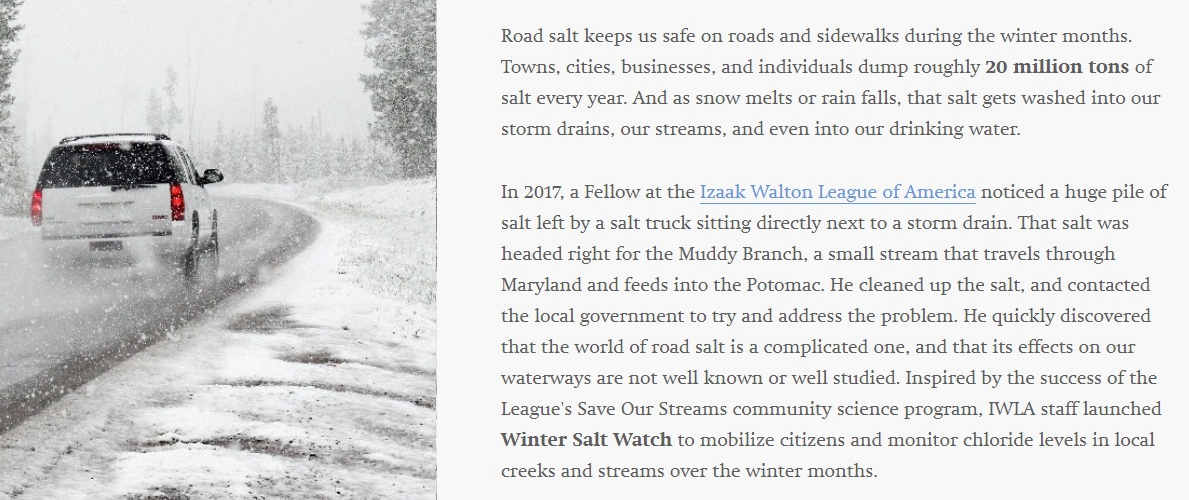1. The Illinois Lake Management Association (ILMA) and Illinois Chapter of the American Fisheries Society (AFS) are hosting a joint Annual Conference at the I Hotel & Conference Center in Champaign, Illinois from March 16th through March 19th, 2022. Info at ILMA-Lakes.org
2. Permit applications for the Merchant Creek footbridge have been submitted. This timeframe should hopefully allow construction by next spring / early summer.
3. As many have observed, the population of Cormorant’s on Wonder Lake seems to be increasing each year. For the past few years, the MPOA has worked with the Illinois Department of Natural Resources, U.S Department of Agriculture, and US Fish & Wildlife Service to conduct “legal” harassment of Cormorant’s, as well as to allow an annual “lethal harvest” of up to ten (10) Cormorants, particularly at those island locations where they congregate to roost. The establishment of roosts result in large amounts of “droppings”, that can over time kill off desirable species of trees and vegetation, such as the Oak trees on Strom Island, where native plant restoration work has been impacted. The MPOA and Wonder Lake Sportsmans Club will continue to explore options. An article discussing various Cormorant impacts can be found at: http://wildlife.org/the-rise-of-double-crested-cormorants-too-much-of-a…
4. The Nippersink Watershed Association is undertaking a “Salt Watch” project, where volunteers will monitor streams to determine the amount of chloride (salt) present. The volunteers will be monitoring 12 locations within the Nippersink Creek watershed, including at the five streams flowing into Wonder Lake. More information can be found at: https://www.iwla.org/water/stream-monitoring/winter-salt-watch

5. Lakes freezing later in winter leads to less algae in the spring — A unique experiment in a Canadian lake has found that the timing of when ice forms can have a big impact on the organisms that live in it the following year. When it comes to knowing a thing or two about ice covered lakes, our friends to north in Canada have quite a bit of experience! However, there is actually very little data on under-ice lake ecology. The aquatic scientists at McGill University in Montreal, Canada, were interested in how climate change might affect lake ecosystems. Climate change has caused lake ice to form later in the winter and thaw earlier in the spring. Their research has revealed that the timing of when ice forms on lakes in the winter can have big effects on life in the water the following spring and summer. The delay of ice forming allows the algae to continue to photosynthesis for longer, allowing the zooplankton that feed on the algae to survive throughout the winter. When the ice begins to melt those hungry zooplankton begin eating the new spring algae long before other species even become active. While the research is just the tip of the iceberg, it provided a snapshot of the changes to the population of algae and zooplankton which in turn can potentially disrupt the aquatic food web.
